Arab press say Swiss neutrality is failing
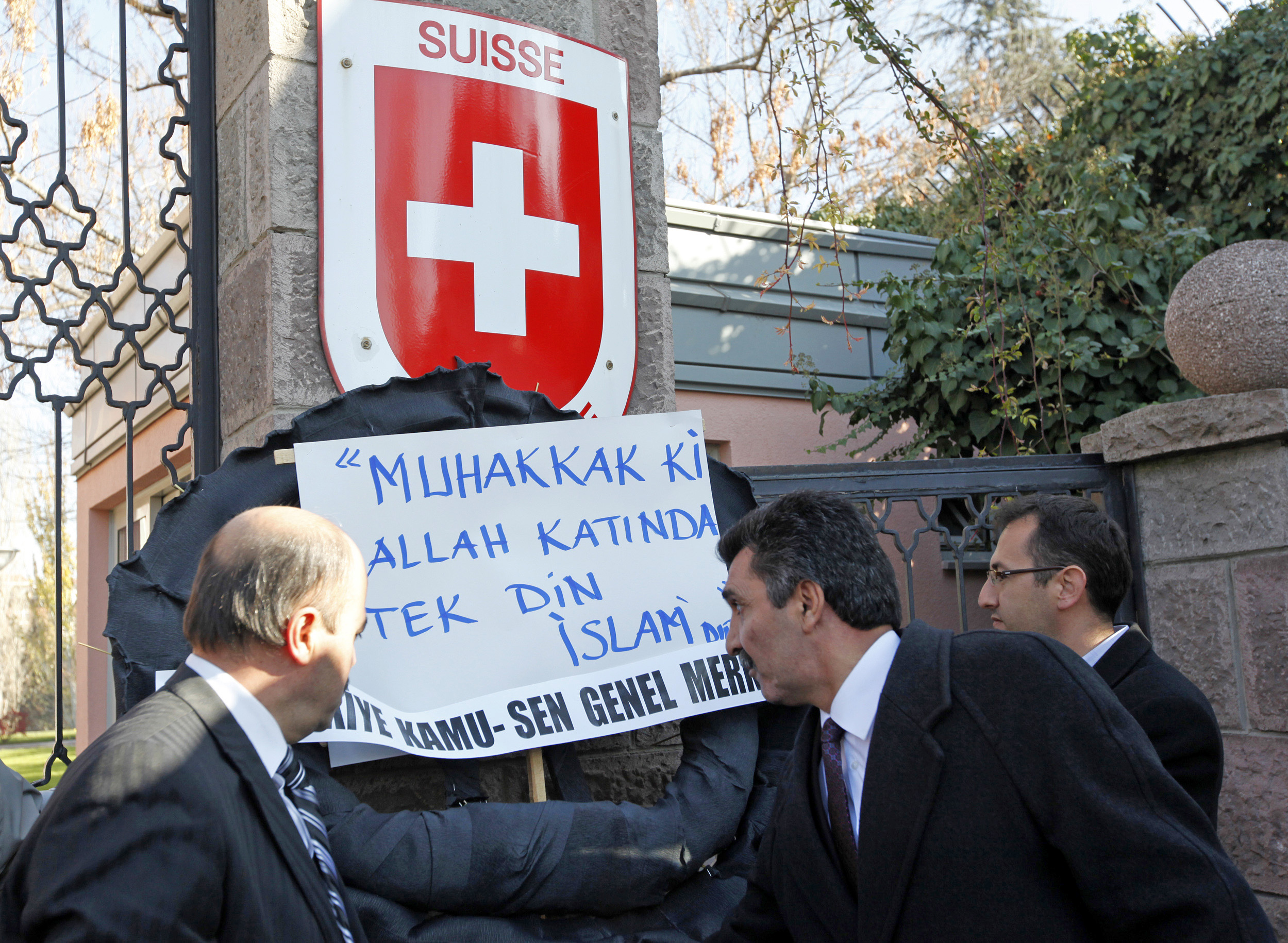
Following Switzerland’s decision to ban new minarets, reaction in the Arab media has ranged from calls for sanctions to the need for self-critical reflection.
“Shame”, “Holocaust”, “Islamophobia”, “humiliation” – words that have appeared regularly in Arab press since 57.5 per cent of Swiss voters said yes on November 29 to a ban on the construction of minarets.
Most commentators wondered what could have pushed the Swiss to vote as they did, and what the consequences would be for a country that found itself attracting criticism from all sides, including from the United Nations and the European Union.
The Qatari newspaper Al-Raya was amazed at the voting behaviour of a country known for its freedom of speech and democratic principles.
According to the Assabah newspaper in Tunisia, “the stigmatisation of Islam in the West is no longer a question of mere media provocation – from now on it genuinely threatens the Muslim minority”.
Al-Quds Al-Arabi, edited in London, observed: “If Switzerland – known for its neutrality, quality of life and very high levels of education – is foundering with Islamophobia, one can no longer blame certain other European countries which appear sensitive because of unemployment and the financial crisis.”
September 11
“Why do they hate us and what does the minaret ban hide?” asked Al-Dostour in Jordan, for whom the vote reflected the rise of the European far right. It added that this was the result of a campaign against Islam led by Western political authorities and media since September 11, 2001.
The Kuwaiti daily Al-Watan said the vote was the sign of “European mental regression, a return to the Middle Ages and a desire to eliminate others”.
For a columnist in Egypt’s Al-Ahram, everything being said about creeping Islamicisation and the introduction of sharia law was “pure fantasy”.
The comments of Al-Shourouq in Algeria were hardly more flattering. Under the headline “Four minarets rock Switzerland and tear down its neutrality”, it blamed the Swiss government for allowing the vote to be put to the people. It also placed responsibility on Swiss Muslims, “who failed to unite and speak under one banner and let themselves be distorted”.
Sanctions
Some media called for a boycott of Switzerland or other sanctions. The Palestinian website Dounia Al-Watan demanded rich Arabs withdraw their money from Swiss banks.
Al-Dostour in Egypt drew comparisons between Islamophobia and anti-Semitism and pointed out how the hatred of Jews slowly gained ground in Germany, resulting in the Holocaust.
Alam Al-Akhbar, an Arab site in Turkey, invited Muslims to deposit their money in Turkish banks.
In London Al-Sharq Al-Awsat believed there was a connection between the minaret vote and the two Swiss businessmen sentenced to 16 months in prison three days later by a Libyan court for visa irregularities and tax evasion.
Dialogue
Less harsh words were found on the London-based Elaph website, which wondered whether the Swiss vote was not ultimately linked to the poor image offered to the West by Muslims in Western countries.
Similarly Al-Ittihad, a newspaper in the United Arab Emirates, said one shouldn’t “insult” a democratic and sovereign country which was free to adopt whatever measures it deemed necessary.
It added: “Maybe [the Swiss voted like that] because they fear for their Christianity?”
The Moroccan daily Al-Alam asked whether the vote didn’t throw back into question the issue of interreligious dialogue – precisely what Al-Watan in Kuwait was calling for, suggesting conferences to fight Islamophobia.
The appeal for dialogue was also made on IslamOnline, a moderate site that recognises a serious crisis between the West and Muslims.
The problem, it said, “is the absence of a reasonable voice … it falls to Arabs and Muslims to be responsible for preventing problems and protecting their beliefs and customs”.
Abdelhafidh Abdeleli, swissinfo.ch (Translated from French by Thomas Stephens)
Yes: 57.5%
No: 42.5%
Turnout: 53.4%
Four cantons carried out trials with e-voting. The Swiss abroad registered in Geneva and Basel City were also taking part in the scheme.
Switzerland has become the first European country to ban the construction of minarets.
The proposal was launched by members of the rightwing Swiss People’s Party and the ultra conservative Federal Democratic Union.
The initiative came in response to opposition by conservative groups at a local level against applications to build a minaret next to a mosque.

In compliance with the JTI standards
More: SWI swissinfo.ch certified by the Journalism Trust Initiative

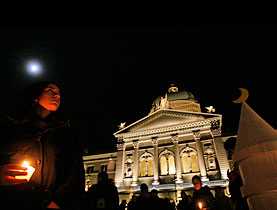
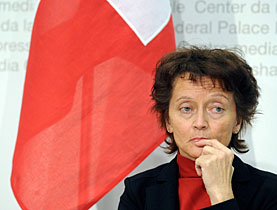
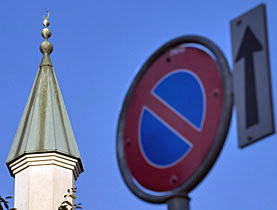
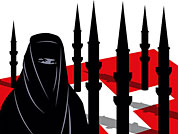
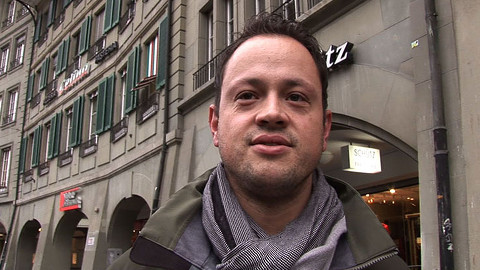
You can find an overview of ongoing debates with our journalists here. Please join us!
If you want to start a conversation about a topic raised in this article or want to report factual errors, email us at english@swissinfo.ch.